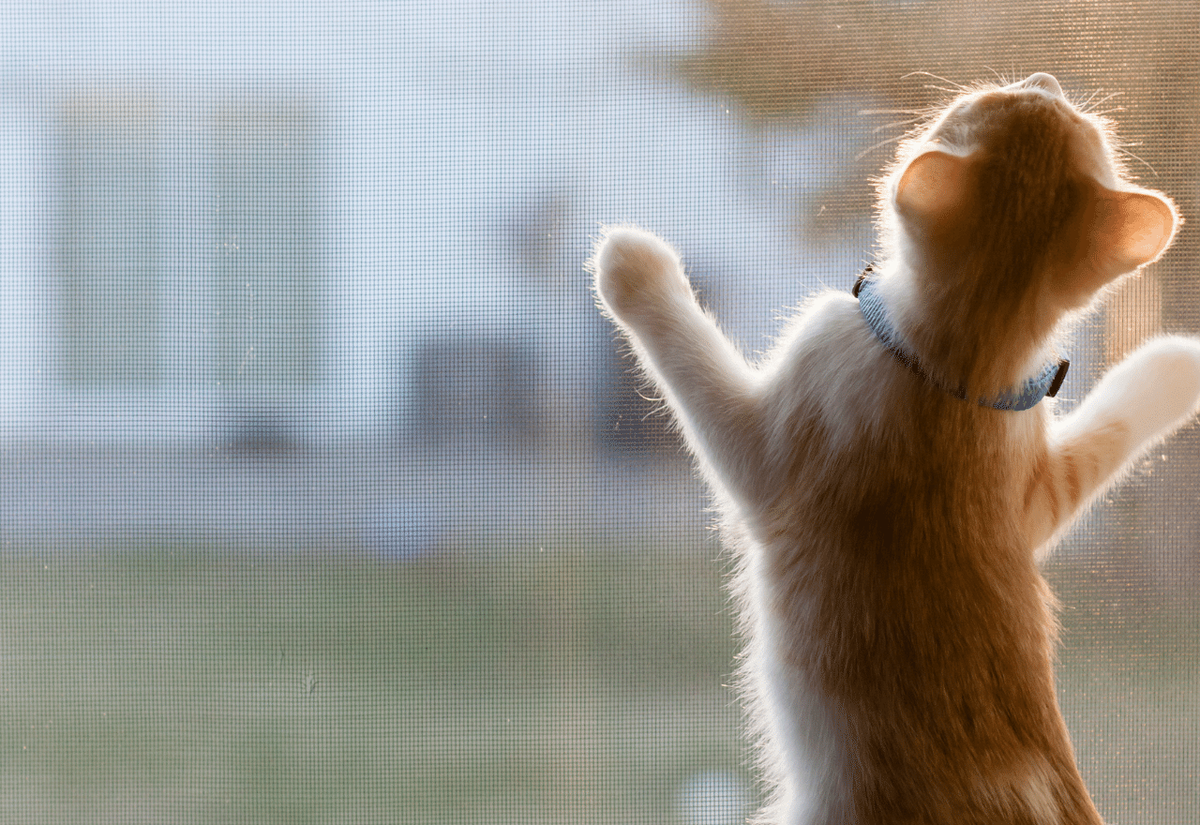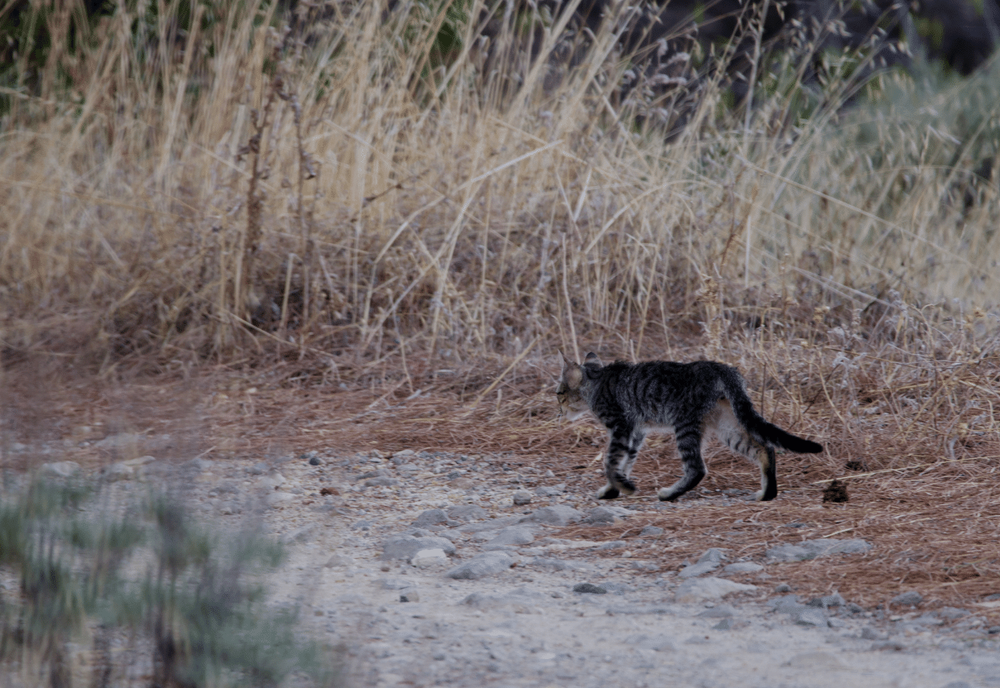Cats off the street
Laura Williams
09 September 2021, 10:07 PM
 Walgett Shire Council is on board with a new program to keep cats at home and away from wildlife.
Walgett Shire Council is on board with a new program to keep cats at home and away from wildlife.A new initiative led by the NSW RSPCA aims to curb the toll on native wildlife by ensuring cat owners are keeping their pet indoors.
The Walgett Shire Council has willingly jumped on the project’s bandwagon, with the killing of wildlife being a prominent issue across the community.
Walgett Shire Regulatory Officer Paul Flint says that while he hopes educating cat owners on their responsibilities will be enough, the best outcome would be more legislation introduced around owning cats.
“People just don’t understand the devastation that cats can cause out there. It’s not just birds, but also small reptiles that they’ll kill just because they can,” Mr Flint said.
The tightening of rules, according to Mr Flint, should involve keeping pet cat indoors, using leads to take them on walks, and classing any cat found in the night without a microchip as feral.
“I take a pretty hard stance on this myself. I have a cat that I love dearly but it’s not that hard to be responsible for her. Cats are left to be too free range,” he said.
The project that was launched last week will see 10 councils working together over four years to implement ways of shifting the mindset around cats and changing the project.
“It doesn’t matter where we are in Australia, we’ve all got the same issue.”

*Finding out why people don't keep their cats inside is a first step in the project.
RSPCA NSW Project Manager Gemma Ma says there are various ways that the project will aim to better educate cat owners and change those behaviours over the next four years, including community consultation in every participating council to better understand what motivates the behaviours of cat owners.
“We need to understand why they aren’t already keeping their cats at home, so we can create a project that can be most effective in influencing and changing behaviours,” Ms Ma said.
“We also hope to provide people with information and tools they might need to keep cats happy and entertained at home,” she said.
The future plans of the project involve a shift in the curriculum to deliver material to students about cats and encourage cats to be kept at home.
In Walgett and its surrounding communities, the issues extend far beyond those of domestic cats, with feral cats posing a threat to precious ecosystems.
Mr Flint says that while getting people on board and to see the importance may be difficult, it’s important to help them see the evidence of the cats’ damage.
“I know a lot of people think that cats keep the snakes away, but it’s not true,” he said.
For Mr Flint, the opportunity to help curb the loss of wildlife is nothing short of a dream come true.
“We’re seeing more and more money being thrown at studies and research to questions we already know. We know that cats kill wildlife, let’s do something about it,” Mr Flint said.